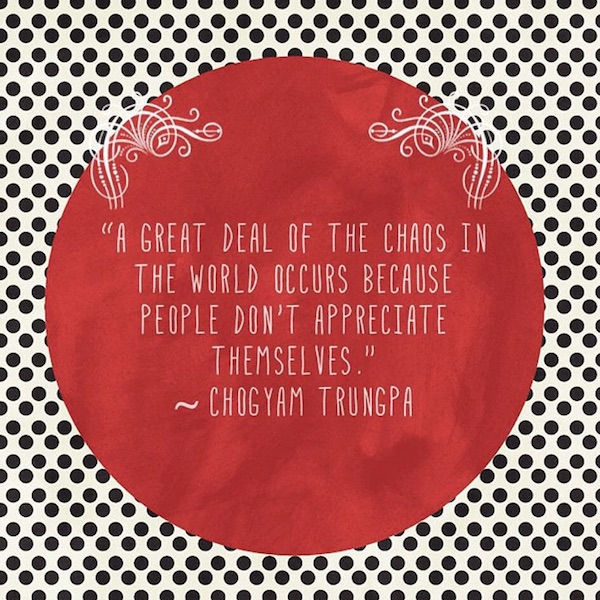
Synonyms for chaos: disorder, disarray, disorganization, confusion, mayhem, bedlam, pandemonium, havoc, turmoil, tumult, commotion, disruption, upheaval, uproar, maelstrom, or, “A state of total confusion with no order.”
Antonyms for chaos: arrangement, calm, harmony, order, orderliness, organization, peace, neatness, tidiness, normality, quiet, system.
One of the things you can say for sure about chaos is that it’s everywhere. And one of the things you can say for sure about us humans is that we don’t like it.
We have a great desire for order.
Thus, wherever there is chaos, not too far behind you’ll find somebody trying to make order of it.
Take silverware drawers for example. I hate it when I reach into the silverware drawer and can’t find the fork I want because of silverware chaos. So, of course, I use a silverware tray.
I also hate it when I wake up in the morning to find that England has voted to leave the European Union.
Talk about the need for a silverware tray.
Sounds like a ridiculous leap—but in a sense, it’s not.
They’re both instances of chaos that make us all feel like things are out of order.
It reminds me of a conversation I had about 25 years ago when I travelled to Germany for a 10-day meditation retreat, and the retreat director picked me up at the airport.
While driving with her on the way to the monastery, she waved her arm at the surrounding scene of smooth-flowing Autobahn traffic.
I tried to keep my mouth from falling open as this Benedictine nun, lover of contemplative prayer and mantras, proclaimed that, “Hitler wasn’t all bad, look at the great roads he built.”
“You wouldn’t believe how chaotic these roads were before he came along,” she chirped. “He gave us order.”
That’s how important order was to my meditation teacher.
Maybe bringing order to chaos is what people thought they were doing when they voted to leave the U.K.
To others of us, the vote itself feels like chaos.
Either way, something needs to be put in order—or, to be put back in order—right away.
I was on an airplane recently when I looked out the window to see huge, mile-wide circular patterns inscribed in the fields below. Were they cornfields? Did someone “draw” those circles there with a tractor? Why would they do that?
I pointed out the strange phenomenon to the woman in the seat next to me asking her what she made of it. She said she didn’t know what the patterns were but then, with a pause, postulated that maybe whoever put them there was trying to make order out of chaos and we both laughed.
It’s not that what she said was all that funny.
It’s that what she said about people trying to make order out of chaos was all too true for cornfields, as well as for almost anything; finding a better way to move traffic, trying to predict the weather, England’s desire to leave the European Union.
I imagined the farmer in the fields below frantically driving his tractor around in circles trying to bring order to cornfields that were threatening to grow in their own chaotic fashion. I thought that everywhere, at all times, all over the universe, people were driving their versions of tractors around in circles in attempts to bring order into their lives.
Henry Adams, thinker, student of chaos and son and grandson to two United States Presidents, said:
“Chaos often breeds life, when order breeds habit.”
We’re just more comfortable with habit, which—assuming arguendo—doesn’t result in big changes.
In fact, scientists say that chaos may actually be necessary for larger scale physical patterns, such as mountains and galaxies to arise.
So, it sounds like we’re more than likely stuck with the chaos thing.
My guess is that both chaos and order exist simultaneously and that they are interdependent. Like two great bears in a wrestling hold, one can’t stay standing upright without the other. That’s an okay concept when it comes to bears, but when it comes to actually accepting chaos and order as complimentary to each other it gets difficult.
We forget that maybe it’s not such a bad thing for corn to grow naturally and wildly, that messy silverware drawers aren’t the end of the world and that maybe leaving the E.U. isn’t the end of civilized life as we know it.
Ultimately, we forget the truth, which is that there has always been chaos; that it doesn’t necessary precede a fall and that good things come out of it too, like mountains and galaxies and the new life that Henry Adams talked about.
Author: Carmelene Siani
Image: elephant journal
Editors: Emily Bartran; Ashleigh Hitchcock











Read 0 comments and reply